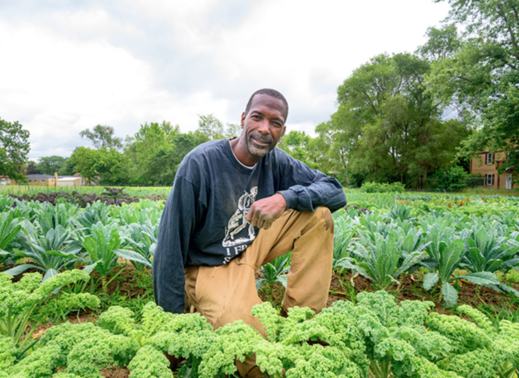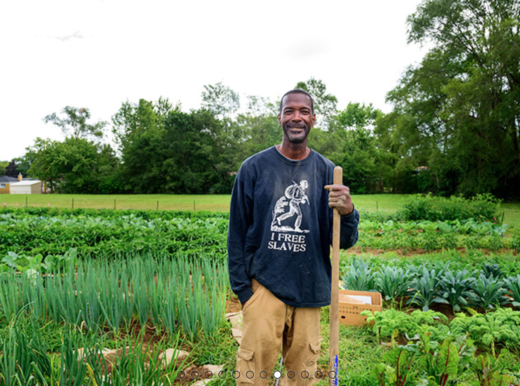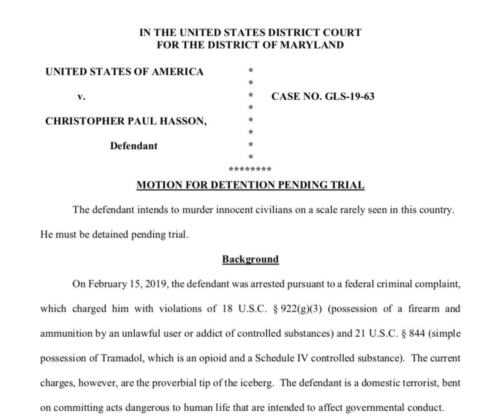
Well, the threat of Trump loyalist Matt Gaetz apparently didn’t work. Michael Cohen, Donald Trump’s personal attorney for over a decade, the man our President called a “rat,” showed up this morning as scheduled to testify before the House Committee on Oversight and Reform.
Over the course of approximately seven hours, Cohen, who started his testimony by reading a prepared statement calling Donald Trump a “racist” and a “conman”, went on to explain the inner workings of our President’s criminal enterprise in detail. Among other things, Cohen confirmed that Roger Stone had called Trump’s office in advance of the Democratic National Convention, to inform him that he’d been assure by Julian Assange that emails stolen from the Clinton campaign would soon be made public by Wikileaks. Cohen also said that he’d been indirectly pressured by Donald Trump to lie to Congress about the Trump Tower Moscow deal. And he went into detail about how Donald Trump had illegally used donations to his charitable foundation to purchase a portrait of himself in a charity auction. [The terribly insecure Donald Trump had Cohen buy the piece through a fictitious third-party with his charity’s funds, ensuring that it would sell for more than any other painting at the auction. The painting was then hung at one of Trump’s golf clubs.] And, of course, Cohen went into detail as to how he’d paid-off Trump’s lovers multiple during the campaign in violation of campaign finance law… even going so far as to share a cancelled check that Donald Trump had written to him while president, reimbursing him for having paid the Stormy Daniels bribe out of his own pocket.
The Republicans on the committee, interestingly, did not debate the facts brought forward by Mr. Cohen concerning Trump’s criminal activities. Instead, they just did their best to discredit the President’s former fixer, repeatedly saying things like, ‘How dare the Democrats bring a convicted criminal, and a known liar, into this hallowed chamber.’ [A known liar, who, it should be pointed out, also happened to be a Vice Chair of the Republican National Committee.] For what it’s worth, I think that Cohen stood up to the attacks well, and came across as credible. As some of the Democrats on the committee made clear, Cohen had nothing to gain by testifying today, and everything to lose. [Had he lied under oath, he could have earned himself more prison time.] And, really, when you look at it objectively, a good deal of his testimony was spent defending Donald Trump, saying, for instance, that he thought there was absolutely no merit to the rumor that video exists of his former boss striking his wife Melania in a Trump Tower elevator. While I don’t completely buy the idea of Michael Cohen as a born again patriot who cares deeply about the threat to the Republic posed by Donald Trump’s incendiary rhetoric on race, I think he proved himself today to be much closer to that version of himself than the vindictive loser that the Republicans attempted to paint him as. [The Republicans kept saying that Cohen was just bitter that he hadn’t been offered an office in the White House… a claim he flatly denied, going so far as to say that he’d been offered a job in the White House, which he turned down, thinking that he could better serve Trump, and hide his secrets, as a private attorney.]
I don’t have time to get into everything, but I did want to share a few things with you. Most importantly, I wanted to be sure you saw this exchange, during which Cohen told the Republicans on the committee that, if they continued to put the interests of Donald Trump before those of the country, they’d suffer the same consequences that he’s now facing. [Cohen also said, “Indeed, given my experience working for Mr. Trump, I fear if he loses the election in 2020 that there will never be a peaceful transition of power,” but it would have depressed me too much to have shared that particular video.]
Republican Congressman Mark Meadows, having no doubt heard that Cohen intended to offer evidence of Donald’s Trump’ racism, invited a low-level, African American Trump staffer to stand behind him like a prop. Representative Rashida Tlaib of Detroit criticized Meadows for this, saying, The fact that someone would actually use a prop, a black woman, in this chamber in this committee, is alone racist in itself.” Meadows became irate at the suggestion that he might be racist, which Tlaib eventually walked back a bit, but lets’ remember that the Congressman was among those who actively played along with Trump’s birtherism… Here’s Meadows introducing Trump’s ‘black friend’ as a way of, I guess, proving that Cohen was lying when he said that Donald Trump had once asked him, “if (he) could name a country run by a black person that wasn’t a ‘shithole.'” [As Cohen pointed out to those on the committee that Barack Obama was the President of the United States at the time.]
And, lastly, I’d like to leave you with this video of Elijah Cummings, who, I might add, seems to be an incredibly decent man… and one who is truly interested in giving Republicans an opportunity to join us in our quest to safeguard our democracy. One just hopes that Republicans on the committee, and in the audience, heard him.
[Cummings also said, “The days of this committee protecting the President at all costs are over,” which I clapped for.]
I could go on, but I’m going to call it quits for now. Today was exhausting… My hope is that others in Trump’s orbit begin to break free, like Cohen, and share what they know. And the Democrats did a masterful job today, laying the groundwork necessary to bring more of those people before their committee, like Trump’s financial guy, Allen Weisselberg, who I suspect will tell us, among other things, of how Trump routinely devalued his assets in order to avoid paying taxes… Stay tuned for more.




















